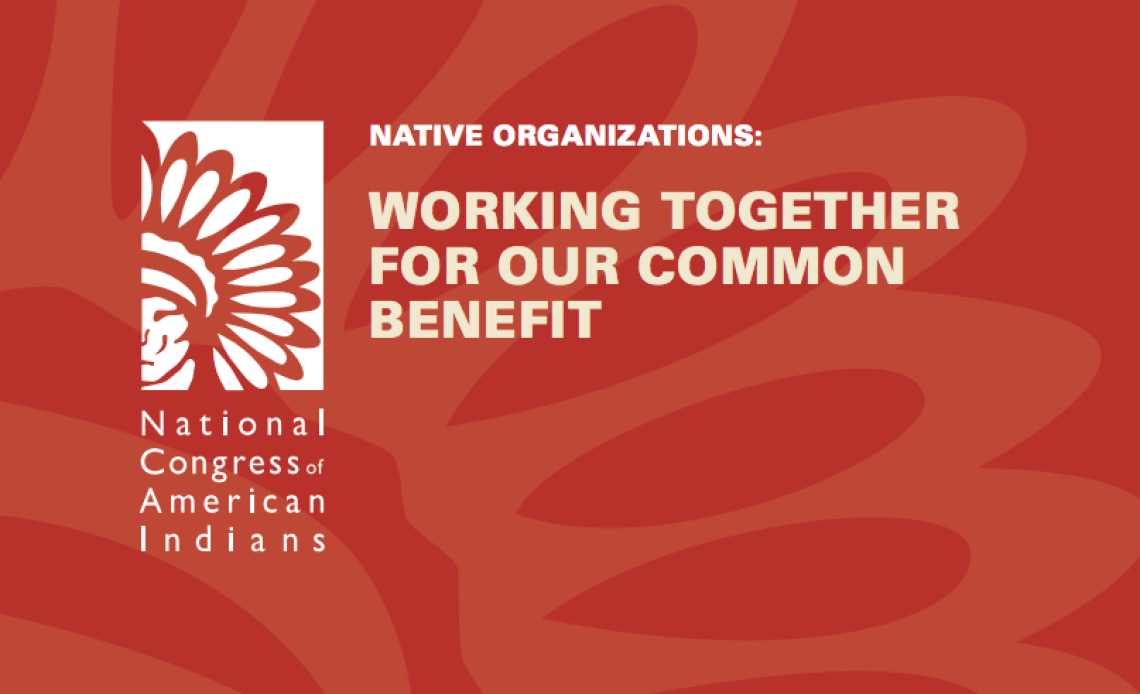Year
On November 14, 2010, 45 people gathered in Albuquerque, New Mexico, at the NCAI's Annual Convention to participate in the pre-session: "Native Organizations; Working Together for Our Common Benefit." This twelve-page report outlines the key findings from this meeting - highlighting communications messaging best practices and strategies...
Additional Information
Resource Type
Citation
National Congress of American Indians. "Native Organizations: Working Together for Our Common Benefit." National Congress of American Indians partnered with Pyramid Communications. Washington, D.C. 2010. Paper. (http://www.ncai.org/news/tribal-communicators-resources/Native_Orgs_Work..., accessed January 13, 2014)

